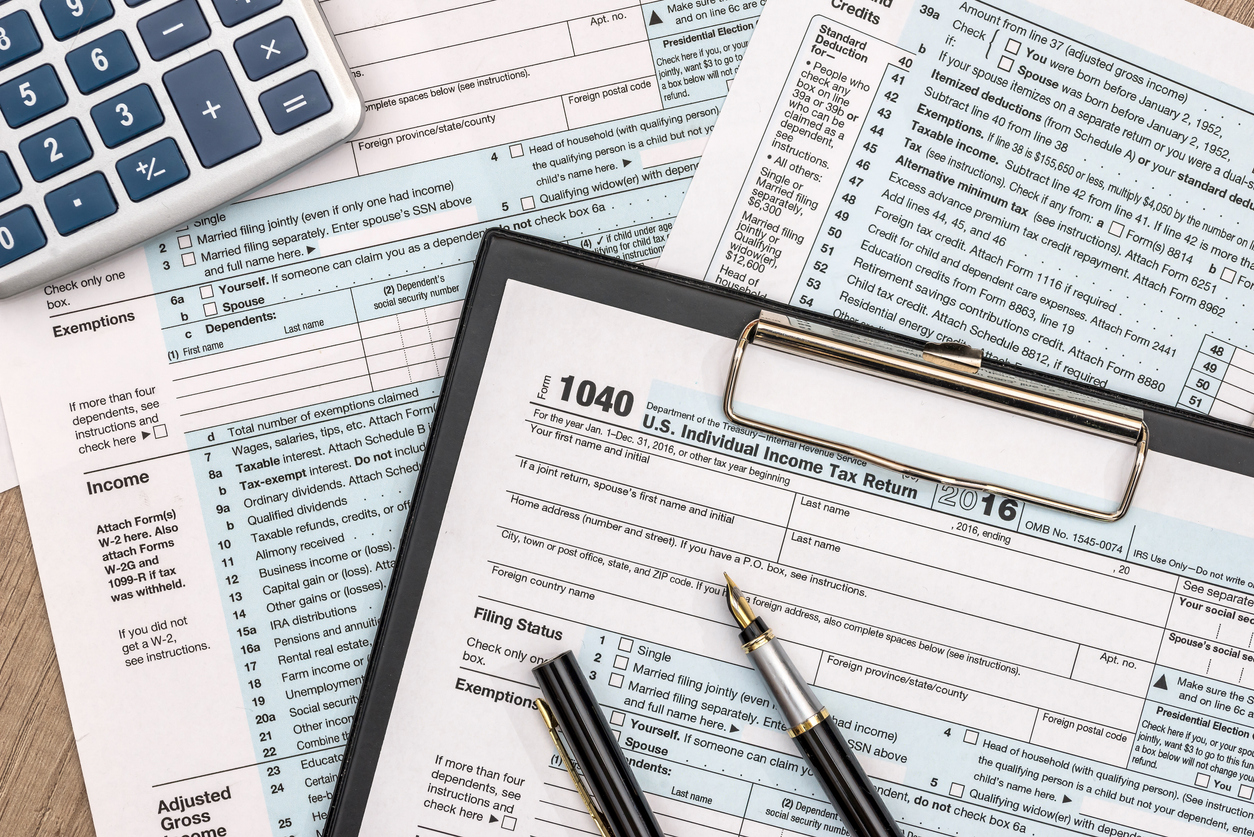
A plethora of changes occurred in the tax sector in 2017, some of which are still coming as the 2020 tax season approaches. Whether you are filing for yourself or your business, it will be worth it to hire a professional for a tax strategy planning session. A knowledgeable professional will navigate the complications brought by economic nexus laws combined with recent tax reform laws to give you and your business a proper tax filing with the best chance of a return.
2018 Tax Reform Bill Repercussion
Income Brackets and Marginal Tax Rates Changed resulting in a lower percentage overall.
Standard Deduction Amounts Have Doubled and the Inflation Gauge has changed and is now CPI based.
No Personal Exemption anymore, but the higher standard deduction amount will largely make up for this.
What to Expect in Small Business for 2020
Deduction 199A, applicable for the first time in 2019, is something your qualified accountant will tell you about if your business meets the eligibility requirements.
Economic Nexus is a recent sales tax burden for businesses that sell in multiple states.
Know that SALT (State and Local Income Tax) isn’t just for food. Your financial adviser will take this into account along with all applicable economic nexus taxes. The $10,000 cap doesn’t apply to all entities.
Get Ready for Tax Season 2020
The April 2020 tax season will see the shared responsibility payment cancellation come into effect. No more Obamacare penalty payments.
No more Alimony Deduction. If you pay alimony this year you won’t be able to write it off.
If you are part of the sharing economy and use your car for business, or are renting a residence that you also live in throughout the year, you will be eligible for certain deductions such as the standard mileage rate or responsible for paying taxes on residential rental income.
Higher contribution limits are available on accounts with tax exempt status such as health savings accounts and retirement savings accounts.
Find More Ways to Prepare for the 2020 Tax Season
There are a lot of changes coming for the April 2020 tax season. This article has highlighted the most notable. For help filing your personal or business taxes, or for more information on the changes, contact us.

Tax Tips for the Self-Employed – Foster Financial
Analyzing the Cost vs. Benefits of Business Expenses
Strategies for Optimizing Your Investments